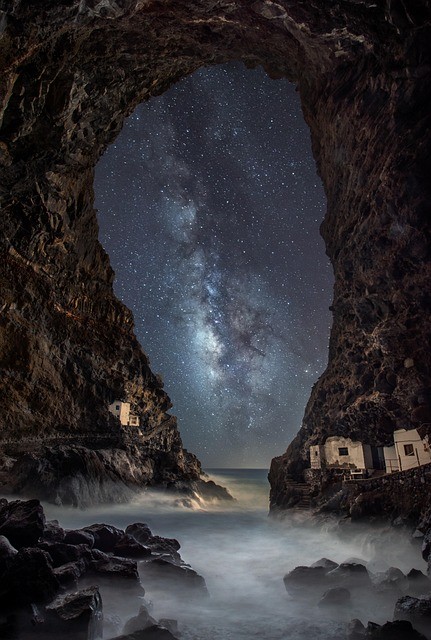Cave exploration, also known as spelunking or caving, offers a unique and thrilling adventure into the hidden depths of the Earth. Exploring caves can be both exhilarating and challenging, providing an opportunity to witness stunning geological formations and experience the mysteries of the underground world. Here’s what you can expect from the thrill of cave exploration:
Discovery of Natural Wonders:
- Caves are often home to breathtaking natural formations such as stalactites, stalagmites, flowstones, and other unique rock formations that have developed over thousands of years.
Sense of Adventure:
- Exploring caves requires a spirit of adventure and a willingness to venture into the unknown. The anticipation of discovery adds to the excitement.
Physical Challenge:
- Caving can be physically demanding, involving crawling, climbing, squeezing through narrow passages, and navigating uneven terrain. It’s a great way to challenge your physical abilities and improve your fitness.
Connection with Nature:
- Caving allows you to experience nature in a way that’s different from above-ground environments. You’ll be surrounded by the Earth’s natural beauty and the sounds of dripping water and echoing chambers.
Understanding Geology:
- Caves provide insights into the geological processes that shape our planet. By observing cave formations, you can learn about erosion, mineral deposits, and the effects of water on rock.
Teamwork and Camaraderie:
- Many cave explorations are done in groups, fostering teamwork and a sense of camaraderie among participants. Working together to overcome obstacles can create strong bonds.
Escape from Everyday Life:
- Cave exploration offers a break from the hustle and bustle of daily life. The unique environment provides a sense of detachment and solitude.

Personal Growth and Overcoming Fears:
- Overcoming challenges, such as navigating tight spaces or conquering fears of darkness, can boost your self-confidence and personal growth.
Safety and Preparation:
- Cave exploration comes with inherent risks, such as low oxygen levels, potential for getting lost, and exposure to difficult conditions. Proper training, safety equipment, and guidance are essential.
Respect for Nature:
- Responsible caving involves respecting the fragile cave ecosystem. Following ethical guidelines helps preserve the environment and prevent damage to cave formations.
Learning and Education:
- Many cavers are also amateur geologists, hydrologists, and biologists who contribute to scientific research by studying cave formations, water flow, and underground life forms.
Sense of Mystery:
- Caves often evoke a sense of mystery and wonder, as many areas remain unexplored or undiscovered.
Before embarking on a cave exploration adventure, it’s important to research and prepare thoroughly. Joining a guided tour, obtaining proper equipment, and learning basic caving techniques are crucial for a safe and enjoyable experience. Remember that caves are delicate ecosystems, and responsible exploration ensures their preservation for future generations.











